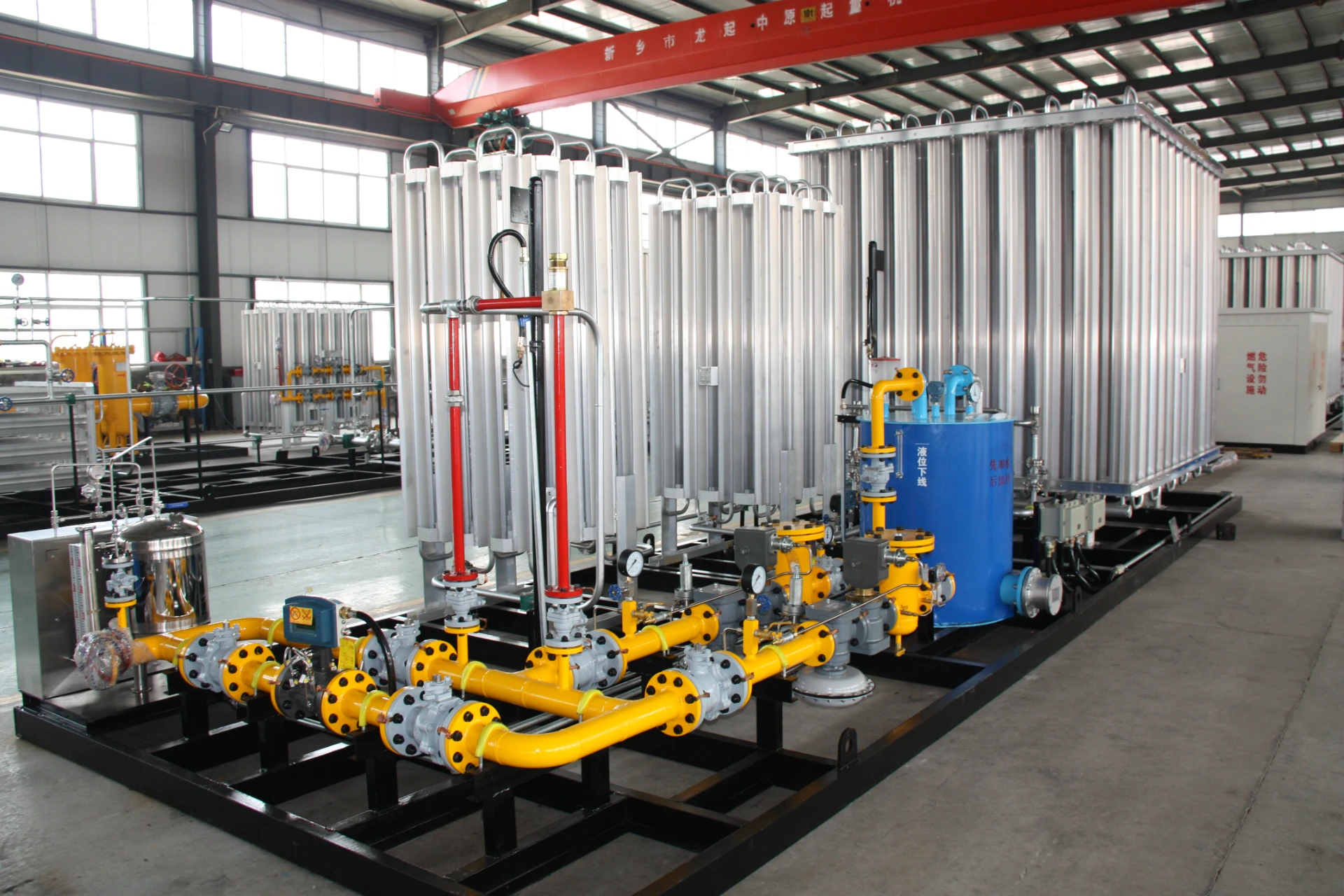
Dec . 25, 2024 02:45
Back to list
lng
Understanding LNG The Future of Energy
Liquefied Natural Gas (LNG) has emerged as a pivotal player in the global energy landscape, transforming how we think about and utilize natural gas. As the world shifts towards cleaner energy sources to combat climate change, LNG presents a viable alternative to traditional fossil fuels, making it an essential component of the energy transition. This article delves into what LNG is, its production process, its advantages, and its role in shaping a sustainable energy future.
What is LNG?
Liquefied Natural Gas is natural gas—primarily composed of methane (CH4)—that has been cooled to a liquid state at approximately -162 degrees Celsius (-260 degrees Fahrenheit). This process reduces its volume significantly, allowing for efficient storage and transport. In its liquefied form, LNG occupies about 1/600th of its gaseous state, making it economically viable to transport over long distances, particularly for countries that lack pipeline infrastructure.
The Production Process of LNG
The production of LNG involves several critical steps. First, natural gas is extracted from underground reserves and is then treated to remove impurities such as water, carbon dioxide, sulfur compounds, and heavier hydrocarbons. Once purified, the gas is cooled in a liquefaction plant, where it is subjected to cryogenic temperatures. Following this process, it is transported in specialized cryogenic LNG tankers to various terminals across the globe, where it can be regasified and supplied to domestic or industrial users.
Advantages of LNG
LNG has gained popularity due to its numerous advantages. Here are some key benefits
1. Environmental Impact One of the most significant advantages of LNG is its lower emissions compared to other fossil fuels. When combusted, LNG produces significantly lower levels of nitrogen oxides (NOx), sulfur dioxide (SO2), and particulate matter. This cleaner-burning property makes LNG an attractive option for power generation and transportation.
lng

2. Energy Security LNG offers nations energy security by diversifying their energy sources. Countries can import LNG to reduce dependency on local fossil fuels and enhance their energy resilience against geopolitical tensions or supply disruptions.
3. Economic Viability The global LNG market has been characterized by competitive pricing, particularly with advances in extraction and liquefaction technologies. This makes LNG an economically viable option for nations looking to modernize their energy sectors and improve their infrastructure.
4. Flexibility and Storage LNG can be transported over long distances without the need for pipelines, providing flexibility for countries that lack direct gas supply. Moreover, LNG storage facilities can store large quantities, ensuring a steady supply during peak demand periods.
LNG's Role in a Sustainable Energy Future
As we confront the pressing challenges of climate change, LNG is positioned as a transitional fuel on the path to a more sustainable energy future. Its role in reducing greenhouse gas emissions while providing reliable energy cannot be overstated. Major economies, such as the United States and several countries in Asia and Europe, are increasing their LNG export capabilities, reflecting a growing recognition of LNG's potential.
However, it is essential to acknowledge that while LNG is cleaner than other fossil fuels, it is not entirely without environmental impacts. Methane, the primary component of natural gas, is a potent greenhouse gas, and leakage during extraction and transportation can negate some of the climate benefits of using LNG. Therefore, it is crucial to invest in technologies that minimize methane emissions and ensure responsible management of LNG resources.
Conclusion
In conclusion, LNG is reshaping the global energy landscape as a cleaner, more flexible alternative to traditional fossil fuels. With its numerous advantages, including reduced emissions, energy security, and economic viability, LNG is poised to play a significant role in the transition towards a sustainable energy future. However, as we advocate for increased LNG usage, it is imperative to remain vigilant about its environmental impacts and prioritize sustainable practices in its production and distribution. The road ahead is one where LNG can significantly contribute to a cleaner, more efficient energy system, benefiting both economies and the environment.
Latest news
-
Safety Valve Spring-Loaded Design Overpressure ProtectionNewsJul.25,2025
-
Precision Voltage Regulator AC5 Accuracy Grade PerformanceNewsJul.25,2025
-
Natural Gas Pressure Regulating Skid Industrial Pipeline ApplicationsNewsJul.25,2025
-
Natural Gas Filter Stainless Steel Mesh Element DesignNewsJul.25,2025
-
Gas Pressure Regulator Valve Direct-Acting Spring-Loaded DesignNewsJul.25,2025
-
Decompression Equipment Multi-Stage Heat Exchange System DesignNewsJul.25,2025

